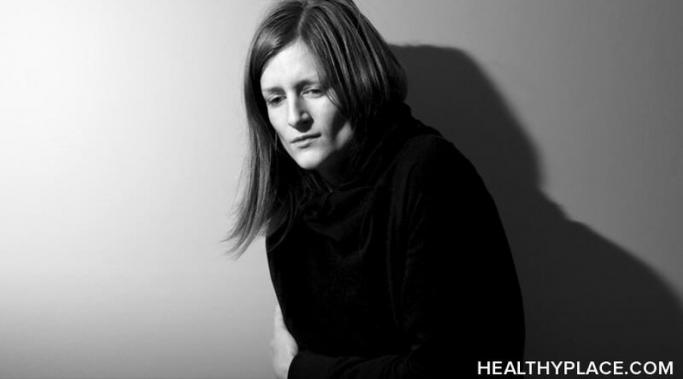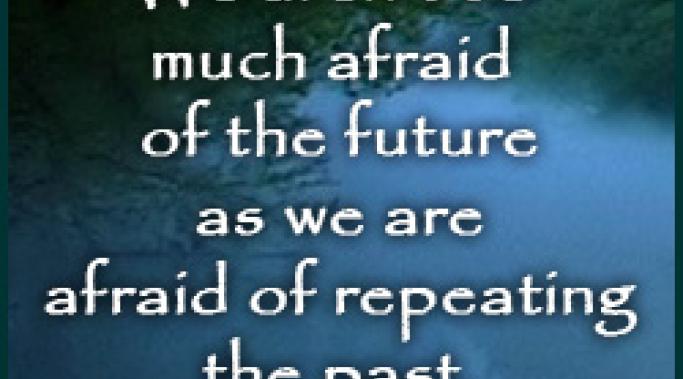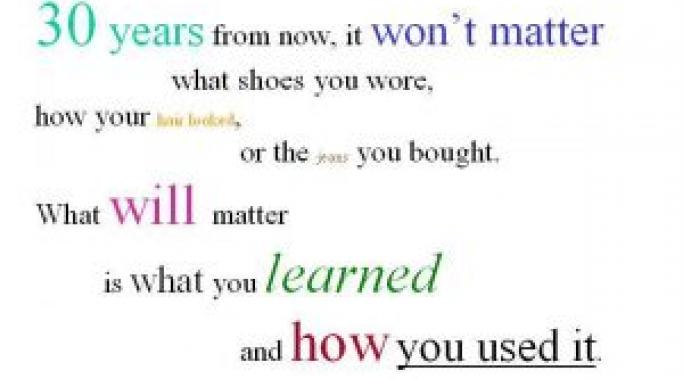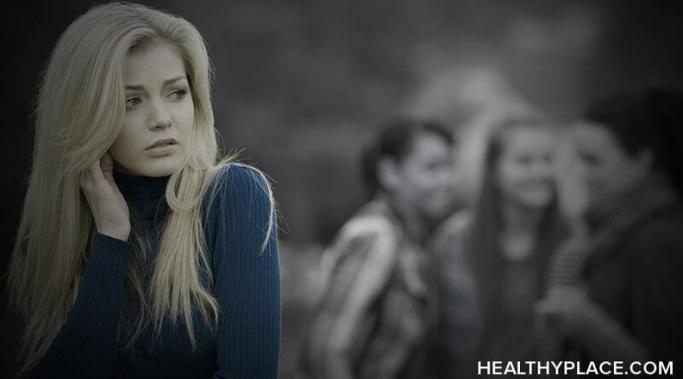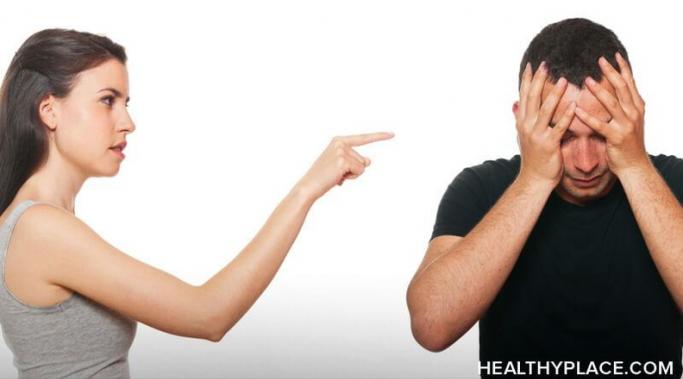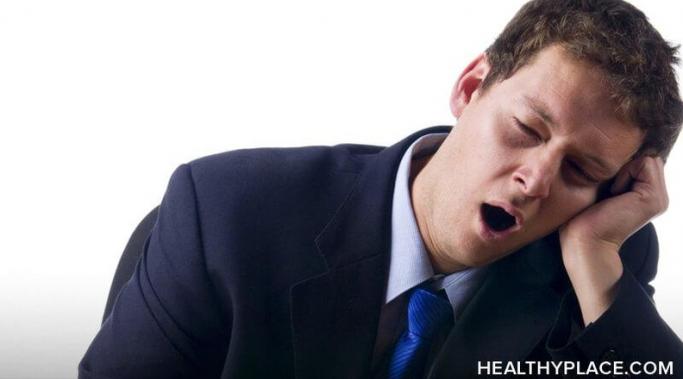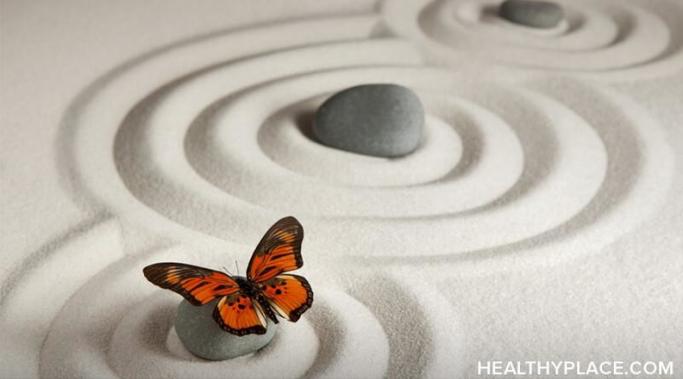Flexibility is a main ingredient in countering anxiety
Anxiety usually wants us to think that we need something a certain way "or else." (Not that it tells us what the unsavory consequences are: Anxiety is always vague, never clear. This is how it holds it's power.)
So when things don't happen that certain way, darn it, that good-for-nothing Anxiety has us all up in arms. Tied in a knot. Fumbling and immobilized. Discombobulated.
Effects of Anxiety
Panic attacks suck the reality out of us!
I talked two people down from panic attacks recently and both of them had been worrying that they had lost touch with reality. They felt totally disconnected to the world around them. In talking to them, they were so convincing. I almost believed that this episode was different. But I let go of my own fear for them. (My worry doesn't help anyone.) I quickly assessed that they were not, in fact, psychotic. They were speaking rationally and eloquently.
And I remember from my panicky days how I felt different and disconnected.
Have you ever felt like a failure? I totally have. But I am not alone. There is an epidemic of feelings of failure in our country. And failure is so definitive. When you think you failed, there is not much wiggle room to be anything other than "a failure." A horrible way to see yourself! This becomes a belief ingrained and tainting everything else we do and try.
Anxiety feeds evasiveness, meaning anxiety has a way of shooting down the point to everything you want to do. We may want to do something but anxiety makes us see everything as an uncomfortable activity. In our imagination, it seems unpleasant, unenjoyable. We think and we say that we don't want to go. Anxiety makes us feel like there is no point. No point to trying because it is too uncomfortable, or no point because we won't succeed anyway.
I made up "Invalidation Anxiety" two weeks ago, as I wrote Too Anxious To Speak Up? And was fascinated how many people were sparked by my words and left a lively debate in the comment section. We seem to have all been in situations when people have ridiculed or downgraded us.
Some readers were adamant that it is a must for our mental health that we should never allow anyone to be mean, take advantage, or criticize us without standing up for ourselves. I totally agree. But my definition of "allow" might be different!
One year anxiety almost undermined my life and panic almost had me missing the fireworks. I was so anxious that I took my son, who was then a baby, and left the rest of the family on the blanket we set up to watch the fireworks. I could not get out of there fast enough eager to reach the "safety" of my house. (Where I would continue to panic anyway.) I got to my car and was stuck in firework traffic, I could not leave.
Has any of you been too anxious to speak up?
I have. So many times in my life! In the past, when I have spoken up for myself, I have been treated like I am overreacting. This has made me anxious to speak up the next time.
People had called me crazy, critical, over-reactor, and ridiculous. They have told me to "calm down," and relax, making it look like my fault instead of acknowledging the injustice done to me. This is a tactic of power. It undermines the protests and does a great job of shutting me up. Exactly what that person wants. To ward off more resistance.
Anger is often anxiety's evil twin. We may express ourselves out of anger, but our problem is anxiety and all of its worries and fears. It can be very helpful to know when anxiety is behind anger; then we can address the right problem. So, do you have an anger problem or an anxiety issue?
Adults live with anxiety and fear everyday. Maybe not fear of dying, but fears that weigh us down and cause us to be tired. I'm not the only one who notices how tired we are collectively. Yesterday in a therapy session an eleven year old girl asked me if I was tired. Things have been extra busy around my house, I have been up late and up early. I said, "Yes." She said that whenever she asked a grown up if they are tired, they always say yes. This made me pause. All grown ups are tired? I could relate, I have noticed that, too. What are we doing to ourselves? Why are we all so tired?
How can coping tools help relieve panic attacks? Especially since most panic attacks feel like they come out of the blue, even though there is usually a trigger. The trigger is that you are scared of panic attacks. And why wouldn't you be? They are one of the most uncomfortable experiences on this planet. Having a list of tools can help reduce the number of panic attacks you experience and help you feel less afraid of the panic coming.

